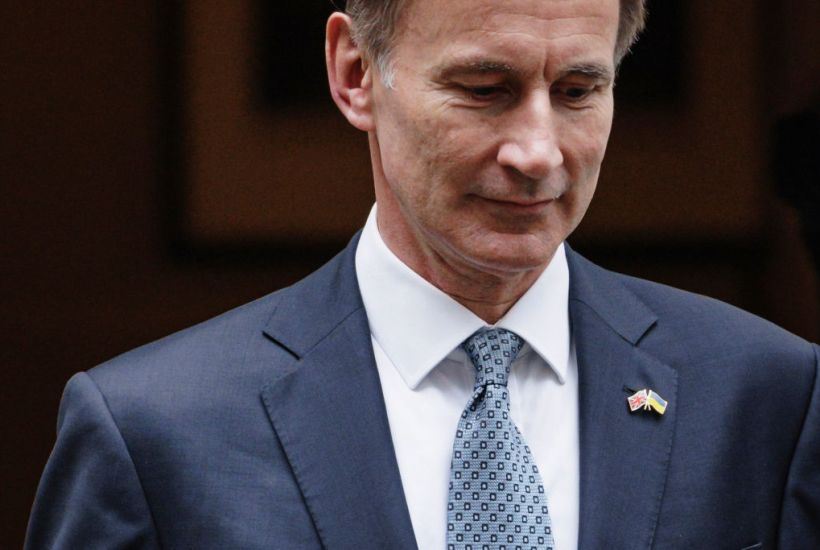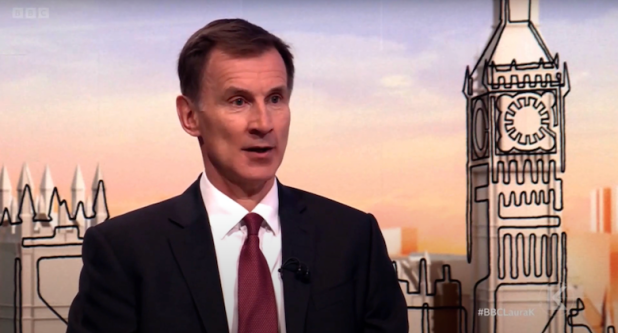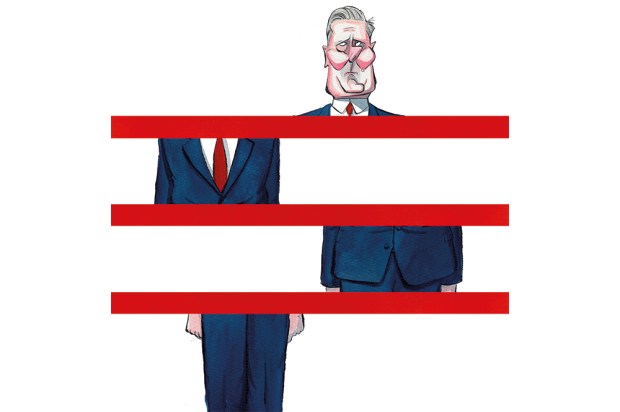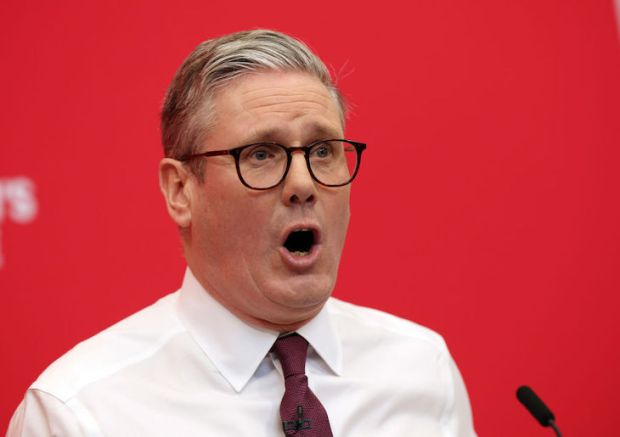Public sector pay. Re-negotiating the energy price guarantee. Another fuel duty freeze. Jeremy Hunt’s first Budget on 15 March is certainly fraught with difficult challenges. Few Tories in Westminster are expecting much magic from the Chancellor, despite the surprise January budget surplus. And one reason for this is that Hunt is still pressing on with his corporation tax hike, which is due to go up from 19 per cent to 25 per cent for the UK’s largest companies in April.
This tax rise is already facing a possible rebellion from a range of backbench factions whose membership totals to around 150 MPs. Simon Clarke, Jake Berry and Mark Francois – the respective chairmen of the Conservative Growth Group (CGG), the Northern Research Group (NRG) and the European Research Group (ERG) – have already written a letter urging a rethink of the plans. It was also co-signed by Greg Smith and John Redwood, who head the Thatcherite campaign groups Conservative Way Forward and No Turning Back.
Hunt is due to meet with the CGG next week to discuss the planned increase but is likely to press ahead with it regardless. This is in spite of his own views about the tax. In both of his unsuccessful leadership campaigns, Hunt ran on a platform to cut corporation tax – from 19 to 12 per cent in 2019 and then to 15 per cent in 2022. Back in the summer of 2021, Rishi Sunak triumphed over Liz Truss in a hard-fought cabinet battle under Boris Johnson to increase corporation tax. As Prime Minister, Sunak is reluctant to abandon it now.
It’s not just the level of corporation tax that could spark a rebellion among Tories. There are also concerns about the UK signing up to rules on a global minimum level of corporation tax drawn up by the Organisation for Economic Cooperation and Development (OECD) intergovernmental body. This was agreed by Sunak when he was Chancellor back in October 2021. The agreement comprises two ‘pillars’. Under the first, a share of large multinationals’ profits would be allocated to the countries where their products and services are actually consumed, stopping the profits from being booked in other nations. The second pillar would set a global floor for corporation tax at 15 per cent.
During last summer’s leadership race, some of Liz Truss’s leading supporters – including Jacob Rees-Mogg and Simon Clarke – publicly floated the idea of pulling out of this deal. This was never realised but some of her ideological allies on the backbenches remain critical of the plans. ‘Brexit was about giving ourselves the freedom to be competitive on measures like tax’ says one MP. Another MP who backed Brexit but is not in Truss’s wing of the party agreed, describing the plans as an ‘anti-growth measure.’
The debate around a minimum global corporation tax has rarely featured on the floor of the House though a warning shot was fired at the beginning of the month. Labour’s James Murray asked Victoria Atkins, the Financial Secretary to the Treasury, if the government intended to press on with plans for pillar two of the OECD plan to be in place by the end of the year. Atkins replied curtly ‘Yes.’ Priti Patel then intervened to ask about assurances for businesses and dispute resolution.
It is perhaps an indication of the current strength of feeling that Atkins is due to hold a surgery tonight to face questions from Tory MPs. Patel and Gareth Bacon have raised the issue in the House while Craig Tracey is believed to be focused on the impact on businesses like the insurance sector. None of these MPs are obviously factional figures which suggests a breadth of concern. One Tory critic even claims that there could be a rebellion on the Finance Bill if the government moves to include measures around pillar two in next month’s Budget. However, this is unlikely given rebelling on a Finance Bill is traditionally a confidence matter.
Still, it shows that the mood on tax is hardening among Tory backbenchers, with Rishi Sunak and Jeremy Hunt facing a difficult task in trying to please their party.
Got something to add? Join the discussion and comment below.
Get 10 issues for just $10
Subscribe to The Spectator Australia today for the next 10 magazine issues, plus full online access, for just $10.





















Comments
Don't miss out
Join the conversation with other Spectator Australia readers. Subscribe to leave a comment.
SUBSCRIBEAlready a subscriber? Log in